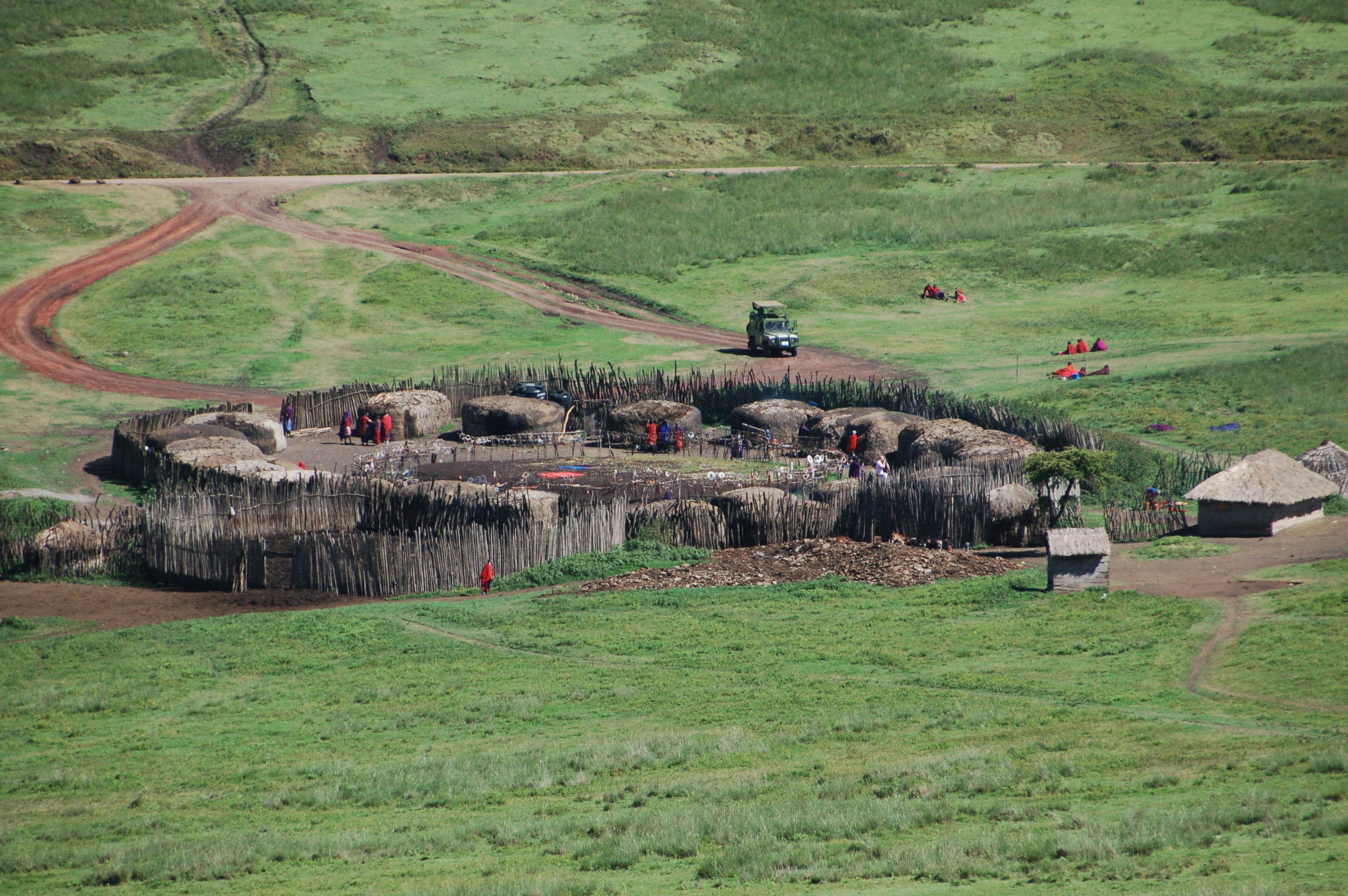Travel Resources
Websites
These websites offer answers to many of your questions about travel details.
Official Web site of the Centers for Disease Control and Prevention
QuickAid Airport Directory Listing of foreign (and US) airports, maps, ground transportation, services and facilities, and more.
U.S. Passports and International Travel Passport information, including a downloadable passport renewal form.
Universal Currency Converter Universal interactive currency converter continuously updated.
WorldClimate Detailed climate/weather information.
Passport & Visa
U.S. passports must be valid for a minimum of six months beyond the final date of travel. Your passport must have enough visa pages for entry into and exit out of each country. Some countries require two full pages for this, so calculate the pages needed based on your itinerary and plan ahead.
Please make copies of your passport, personal ID, vaccinations and keep them in a different location than the original.
Important: Please scan and email (or mail) me a color copy of your passport ID page and return with your Reservation and Release forms.
Medical
Vaccination and Disease
Recommendations or Requirements for Vaccine-Preventable Diseases per the C.D.C. Talk this over with your medical representative. Some travelers feel they need all the vaccinations, others are comfortable with less. It’s a personal choice.
Yellow Fever: All travelers coming into Tanzania from any Yellow Fever infected country (such as neighboring countries like Kenya) must carry a valid Yellow Fever certificate. You may be asked to show it on arrival, especially in Zanzibar. You may obtain the certificate from your doctor. Make sure to bring this certificate with you.
Malaria: Malaria is endemic throughout these areas. There are a number of prophylactics available so be sure to obtain one from your physician and follow his/her directions. There is often a vast difference in medication prices. If, despite taking recommended drugs, you feel unwell and feverish, seek medical advice as soon as possible.
Medical Treatment
For more serious situations, arrangements are made specific to what is necessary. We do everything possible to stay safe and sound.
If necessary, medical treatment is available in Tanzania or by flight to another country. I recommend you discuss this with your travel or insurance agent as well. The cost of evacuation and medical treatment is not included.
Medications
We carry a basic first aid kit. You will want to bring your own medications. I will send you a complete list prior to our departure.
Stomach Upsets: It is advisable to carry medication supplied by your physician for simple stomach upsets. In the first few days of your trip you may suffer from mild upsets attributable to a change in food and water. Taking Pepto Bismol tablets prior to meals can be a simple preventative measure and Cipro (prescription-only) seem to be the preferred treatment by seasoned travelers. Many guests also bring ginger candies to relieve simple upset stomachs.
Sun Burn: At the higher altitudes and near the equator, the sun is very strong. You will be wise to wear hats in the heat of the day (Tilley hats are great, light on top, dark under the brim). Make use of a strong, high-numbered sun block, especially if you are visiting Zanzibar and the beach. These may be purchased in Amsterdam or Arusha so you can get more than the 3.4 oz. allowed in carryon luggage. There is also sun block in each vehicle for everyone to use.
Plane Information and Luggage Restrictions
I recommend bringing luggage that fits in the standard International overhead plane compartments and measures no larger than 21.” Luggage on charter flights is restricted to 15 kg. (about 33 pounds) per person and must be in the form of soft bags only (a normal duffel bag with wheels). No hard-shell cases (unless it’s very small) are allowed. This is very important due to the limited area in the rear of the safari vehicles). Each person may also bring a day pack (for cameras, water, journal, insect repellent, etc.). These regulations are rigorously enforced so please limit your luggage to the appropriate size and weight!
Airport Departure Tax: Departure taxes are almost always included in your international ticket price. Confirm this with your travel agent.
Travel Insurance
This is strongly recommended. Many travelers use Travel Guard or USI Travelex Insurance Services to purchase trip insurance.
Money Matters
Local Currency and Money: Once your are in the country, we will change money and help you find the best rate of exchange. The best rate is given for $50 or $100 bills. US dollars are often favored, and most excursions, tips, drinks and curios can be paid for in dollars, except in small villages and at road side stands. Please note: Cash dollars in all denominations must be newer than 2006 printing and in very good condition or your cash will not be accepted. Pre-2006 US dollars are rejected due to the large number of counterfeit notes in circulation worldwide. Most merchants will not accept faded/worn/torn/marked notes, so go for the nice crisp ones! I generally carry some fifties, and many smaller notes for tips or making change. Finally, no coins are needed or accepted.
Credit Cards: Visa/MC are accepted at many of the larger lodges and hotels, but should only be used as a back-up plan because power failures are not uncommon. There are often long lines and delays to process credit card charges at check-out time, so savvy travelers pay lodging charges with cash. There will also be a large credit card fee (3-10%) added to the bill you are paying. Plan to carry enough cash money to cover your expected expenses, plus a reserve. Do not bring travelers checks.
What is the standard tipping procedure? African culture is very relational and based on excellent hospitality. It is deemed rude for you to carry or roll your own luggage to your room. Tipping as a whole, is entirely at your discretion. We suggest the following as a reference guide:
Game rangers/drivers/specialist guides - the recommended amount is US $10 per traveler for each driver/guide per day per traveler. Many guides rely on the tips as their sole income.
Game lodge porters/waiters/hotel staff - US $5-10 per guest per day placed in the communal tipping box at the end of your stay, to be distributed equally among the staff.
Bartering: This is typical at most kiosks and shops. Africans value relationships first and foremost, so the longer and better the bartering, the more fun they have. This is changing somewhat at larger shops, where merchants have adjusted to the American’s desire for fixed prices. If you are looking for gifts to trade: pens, watches, name brand t-shirts and hats in bright colors (Nike, etc.) are most valued.
Cash Budgeting: I can help you prepare a budget for drinks, tips, laundry, etc., so contact me for more information.
Electrical Power
All accommodations have some form of permanent electricity (or solar power/generator), although the supply is sometimes erratic. The supply is generally 220-240v - plugs are three-pin square or round two-pin, UK style plugs. If you have a video or digital camera, make sure to bring an adapter. Important: bring extra batteries. People on safari shoot lots of photos and most battery packs need to recharge each evening. If you need to recharge using the safari vehicle plug-ins, carrying extra batteries in your day pack is imperative.
Cell Phones
Your final itinerary will have all local contact numbers you need whilst on holiday (including links to all lodge and hotel websites). Blackberry, iPhone and Android phone users have found intermittent service while on safari so check with your carrier for coverage and costs.
What to Bring
Generally everyone brings too much clothing! Plan to wear two–three different day outfits and rotate wearing them, the same with evening clothing. Non-wrinkle or cotton fabrics are the easiest to pack and care for. Please avoid pure white and bright colors, as it negatively affects the wildlife (they like to be the only colorful ones) and they may hide more.
Gennifer’s Suggested Packing List:
Travelers receive an African Safari Trip Planner with complete details before the trip begins to help with planning.
Long-sleeved, light colored shirt
Shorts
Long pants
Dresses or skirts (the most comfortable option for women)
Kanga/kikoi/pareo/wraps (can be bought locally and works great as a skirt, dress, evening wrap, etc.)
Light sweater (evenings and mornings can be cool)
Socks (optional, mostly for the plane flights)
Sandals/flip flops (for evenings around the lodges)
Closed-front walking shoes
Hat (Tilley or similar wide brimmed hat)
Bathing suit
Bandana or cooling neck wrap
Sunglasses
Sun block (high numbered for protection)
Insect repellent (Utrathon)
Lip balm with sunscreen
Pepto Bismol tablets
Wet wipes/sanitizer
Camera and extra batteries
Plug adapters for cameras or other items
Journal (supplied)
Small flashlight
Binoculars (a very nice pair is well worth the investment)
“Quiet” alarm clock
Any prescriptions you take (keep in original containers with label)
zip-lock bags for dirty shoes and laundry
General Tips
Pack a change of clothing in your carryon bag on the international flights in case your luggage is delayed.
Most lodges offer laundry service (if there is no drought at the time). They usually need a full day, so plan to take advantage of this service when we have two continuous nights at the same location.
It can get dusty during the day in some locations (the Serengeti) so bring a plastic bag in which to pack your day shoes.
Comfortable closed-toe shoes are recommended. On warm days, open or slit sides are nice. Keen has some great options. Many travelers remove shoes to stand on the vehicle seats to get the best view of the animals.
Tanzania is known for “Tanzanite,” a beautiful blue gemstone. If you want to purchase stones while in Tanzania, I recommend you research grades and value before leaving home, as both will vary.
Photos:
Please ask before taking photos of anyone. Many people will want a gift of money in exchange and the Maasai generally don’t want their photo taken (especially the herders at Ngorongoro Crater who have very good long range vision to see those of us with long telephoto lenses).
Gifts:
If you wish to give gifts to the children we see along the way it’s best to refrain from handing them out to the children. You will have opportunities to give gifts directly to the schools instead. This discourages begging behavior and encourages school attendance. They love pens, not pencils, but pens—and teachers and students are also very happy to receive school supplies!












